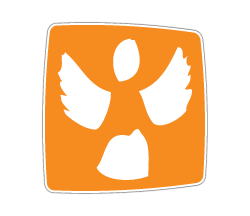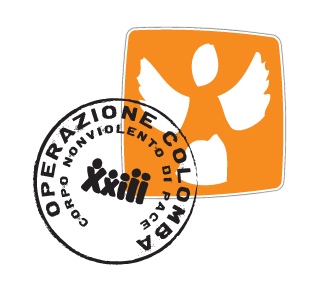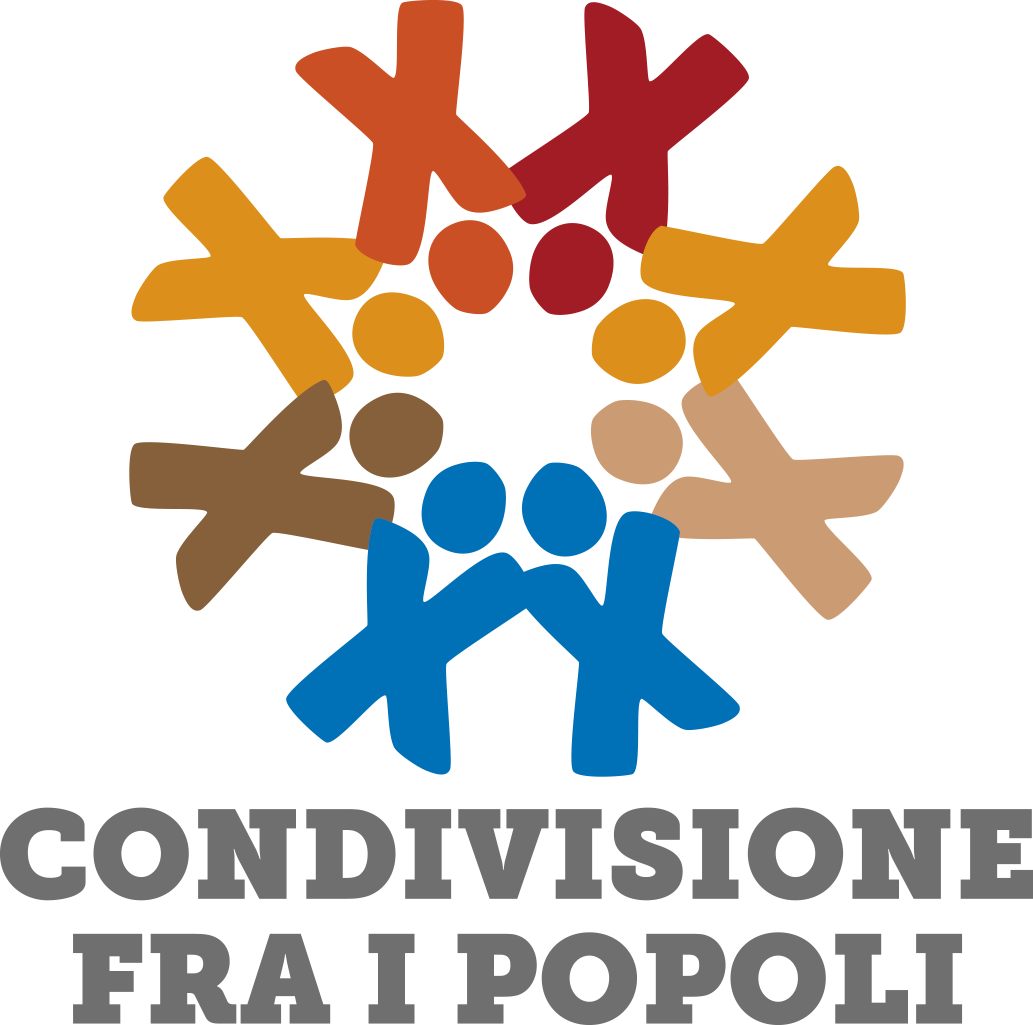CURRENT SITUATION
SYRIA-LEBANON
In Syria, the Syrian Government attacked Idlib, thus interrupting the ceasefire which had started with the pandemic. No casualty has been reported so far. Syria is experiencing a harsh economic crisis, with extremely high inflation rates, which has been worsened by the pandemic, with non-official sources reporting a high and worrying rate of cases. Poverty is another enemy killing almost as much as war.
In Lebanon, the situation has been quite tense on different grounds throughout the whole month of September. On September 10th a second huge fire broke out in the port in Beirut. Firefighters could bring it under control in a few hours, but panic spread among the citizens, who are still shocked after the explosion on August 4th. A third fire broke out on September 15th in downtown Beirut. Moreover, in mid-September the Lebanese Army had to fight against a terrorist group in Beddawi, near the city of Tripoli.
A pervasive sense of uncertainty is haunting the Lebanese as well as the Syrians. A clear sign of this uncertainty is the increasing number of people who are boarding smugglers’ boats to reach Cyprus. Some of these boats were detected by the Lebanese Navy and UNIFIL, so people, both Syrians and Lebanese, were forced to go back to Lebanon.
At the end of September the Prime Minister Moustafa Adib resigned after just one month because he failed to form a new Government.
Finally, on September 27th clashes between the Lebanese Army and an armed group linked to the Islamic State erupted in Wadi Khaled, in the north-east, close to the Syrian border: 15 extremists were killed and 13 imprisoned. A few hours later, two Lebanese soldiers were killed in another attack on a military position in Deir Ammar.
SHARING, WORK AND NEWS ABOUT VOLUNTEERS
In September Operazione Colomba’s volunteers visited different areas of Lebanon, such as Beqaa Valley and the city of Arsal. In these zones, they met many Syrian families and some Refugee Rights activists in the refugee camps.
When the volunteers came back to Akkar, they decided to leave their tent in the refugee camp in Tel Abbas, even if they moved to a close area. The decision is the result of careful considerations about the risks linked to the Covid pandemic and the future of the project in Lebanon. As a matter of fact, living in the camp at the moment could mean putting families’ health at risk, since volunteers need to travel across the whole country. Moreover, volunteers went back to Lebanon after spending a few months in Italy due to the pandemic, and they now feel the need to understand how to act in the area, since the situation has changed from many points of view.
Still, volunteers kept visiting all the families living in the camp and a lot of other families who they have known in these years in Akkar.
By spending such a long time with refugees they noticed how the situation has evolved in Lebanon. In the last few months it seems refugees have found a sort of stability, despite the economic crisis which has made the prices of essential goods increase sharply. However, this new balance might be altered in the following weeks, because Lebanon’s Central Bank will no longer subsidize basic necessities such as food, petrol and medicines. So far, prices for basic goods had been kept under control by the Central Bank, which had been able to avoid the increase of their cost linked to currency devaluation.
In September the volunteers met members of the local church, too, and many young Lebanese who helped assist the families affected by the explosion at the port of Beirut on August 4th.
The Peace Proposal for Syria
For more information: Syrian Refugees Peace Proposal


 OPERAZIONE COLOMBA
OPERAZIONE COLOMBA
